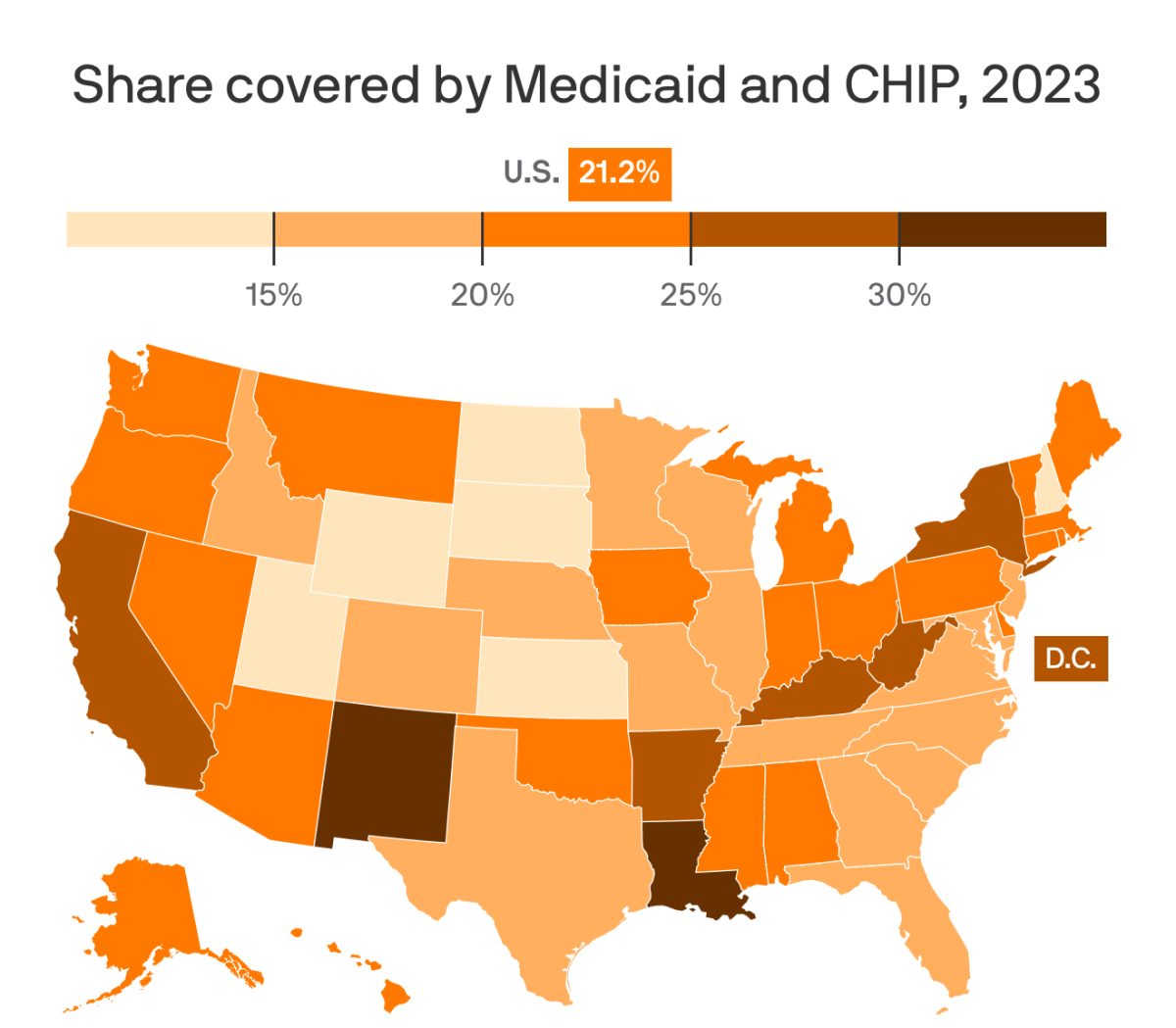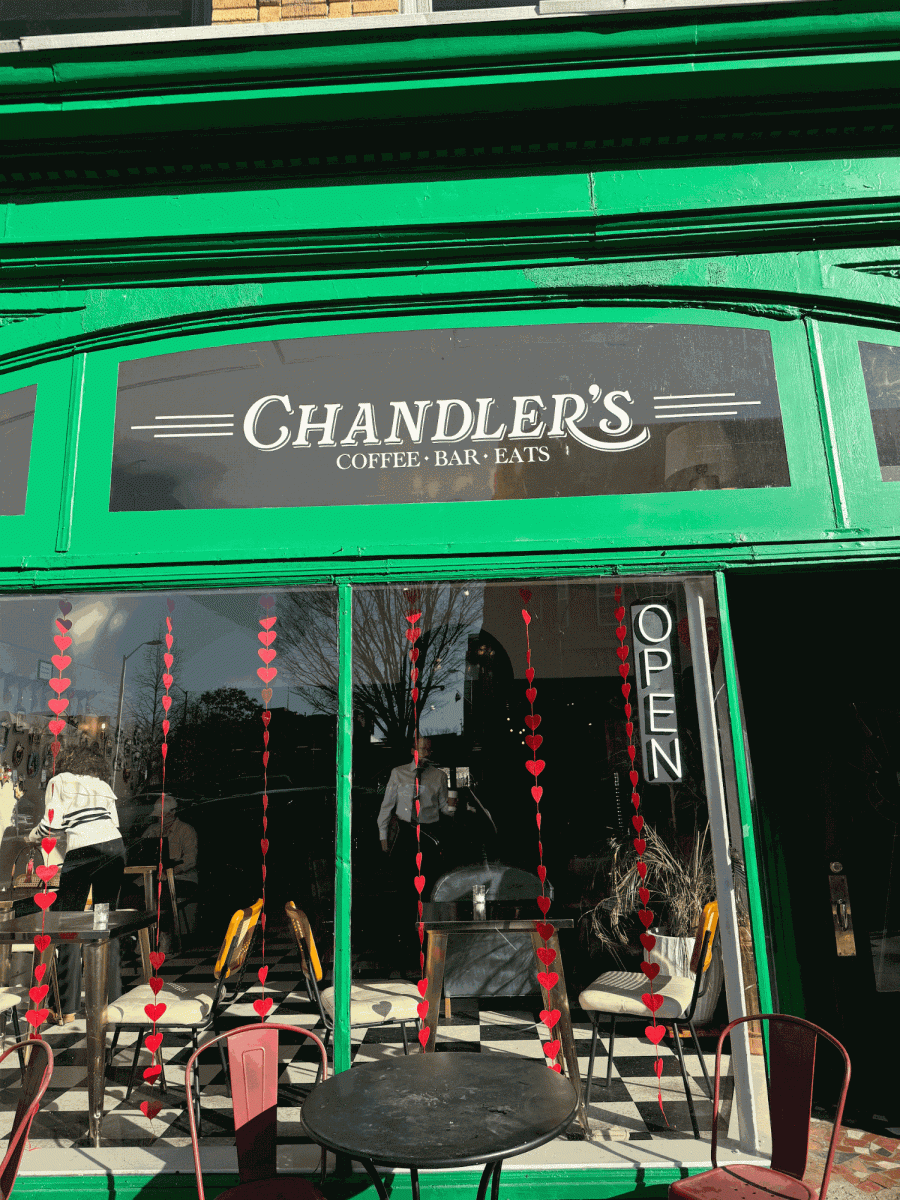Once one of the wealthiest countries in Latin America, Venezuela, is now on the brink of economic demise.
Corruption and fraud are two of the major factors that played a part in the drastic shift of Venezuela. Here is all you need to know about the current state of Venezuela:
START OF THE CRISIS
The Venezuela economic crisis started in June 2010 when former president Hugo Chávez declared an “economic war,” due to the increasing shortages in Venezuela which spread throughout the country. These shortages included food, sanitary items, medical supplies and more.
When Chávez died in 2013, he tapped Nicolás Maduro to be his successor. Since then, things have snowballed into a major humanitarian crisis.
PRESIDENCY
On Jan. 23, Juan Guaido assumed the position of interim president of Venezuela, which is constitutional under Article 233 of the Venezuelan Constitution.
Other countries, like the US and Spain, then stood in solidarity and also recognized Guaido’s position as the interim president.
Even though Guiado has assumed this position, elected-president Maduro has refused to step down and acknowledge Guaido’s position.
ECONOMY
Venezuela’s inflation rate was up about 1.3 million percent in 2018 with one US dollar equating to roughly 3700 bolívares, according to Reuters.
This may sound like a lot, however, the monthly minimum wage is a meager, 18,000 bolívares a month which equates just about $5 USD.
Manuela Vitora, a Venezuelan native, said one carton of eggs can cost up to 13,000 bolivars or about $3.50 USD.
To put this into perspective in American dollars, an average cafe swipe of $9 USD would cost about $117,000 USD with Venezuela’s inflation rate.
Other basic needs such as sanitary supplies and baby essentials have also skyrocketed heavily with a pack of tampons normally retailing for $7 USD would cost $91,000 USD.
Imagine paying four years of tuition just to eat for about 30 minutes or a box of tampons being a downpayment for a house.
IMMIGRATION
Since the crisis began, there has been a mass exodus of people fleeing to other countries such as Ecuador and Chile. The UN reports that the number of migrants has surpassed about 3.4 million with many more packing up and leaving every day. That’s about the population of Los Angeles relocating somewhere else.
On Feb. 23, the Colombian-Venezuelan border, where most migrants fled, closed which resulted in a border confrontation that left 285 people wounded and some people missing.
Although some Latin American countries have granted 1.3 million migrants some form of residential status, that still leaves millions looking for a place to call their new home.
HEALTHCARE
Due to the inflation, basic healthcare needs are almost non-existent and the healthcare system is on the verge of complete collapse. The Pharmaceutical Federation of Venezuela stated that the country has an 85 percent shortage of medicine and 90 percent shortage of supplies.
Just in January, former Major League Baseball (MLB) pitcher Marcos Carvajal died from pneumonia because of the lack of medicine needed to treat the illness.
Infant mortality rates have also doubled, due to illnesses such as malnutrition, as medical staff are fleeing the country.
Even when the medication is accessible, Most people cannot afford it and sometimes resort to the black market for their needs, which can be extremely dangerous.
AID
There have been countless attempts for aid to be sent to the Venezuelan people. However, there is a strict policy on what is allowed into the country and by whom and Maduro is adamant that aid is not needed, which received major backlash. The US offered humanitarian aid and was denied, though Venezuela and the US have strong ties. Aid from Russia, on the other hand, was swiftly accepted.
However, vital aid that was requested by interim president Guaido for 300,000 people in danger of dying, was blocked and burned at the Colombian border during the standoff. After this occurred, Maduro and his regime danced in the street at their feet.
“Maduro’s vice president said this was only a tiny taste of what they are willing to do to ‘defend’ Venezuela,” said Vitora.
WHAT’S NEXT
So what’s next for the country that was once the wealthiest in Latin America? Many believe that the country has no point of return. Jorge Ramos, an anchor for the Univision network, secured an interview with Nicolás Maduro who began to answer questions calmly then shifted his demeanor when images of people digging in the trash for food were shown.
“About 17 minutes into the interview, Mr. Maduro stood up, comically tried to block the images on my iPad and declared that the interview was over. That’s what dictators do,” Ramos said.
Ramos and his crew were then expelled from the country.
The current state of Venezuela is unknown, however, one thing is for sure, the trust is shattered with the government.
Vitora says that she wants people all over the world to understand Venezuela’s situation and why they should care.
“This isn’t just a political movement; it’s a humanitarian movement,” Vitora said. “People are dying, people need medicines, [and] people need to be free. Maduro is not a president anymore, he’s a dictator. An illegitimate person in power.”







Alexandria Marrow • Mar 18, 2019 at 10:05 pm
Jasmine and Ayanna, this article is so informative and an easy read. Thanks for shedding light on this. Aggie Pride!